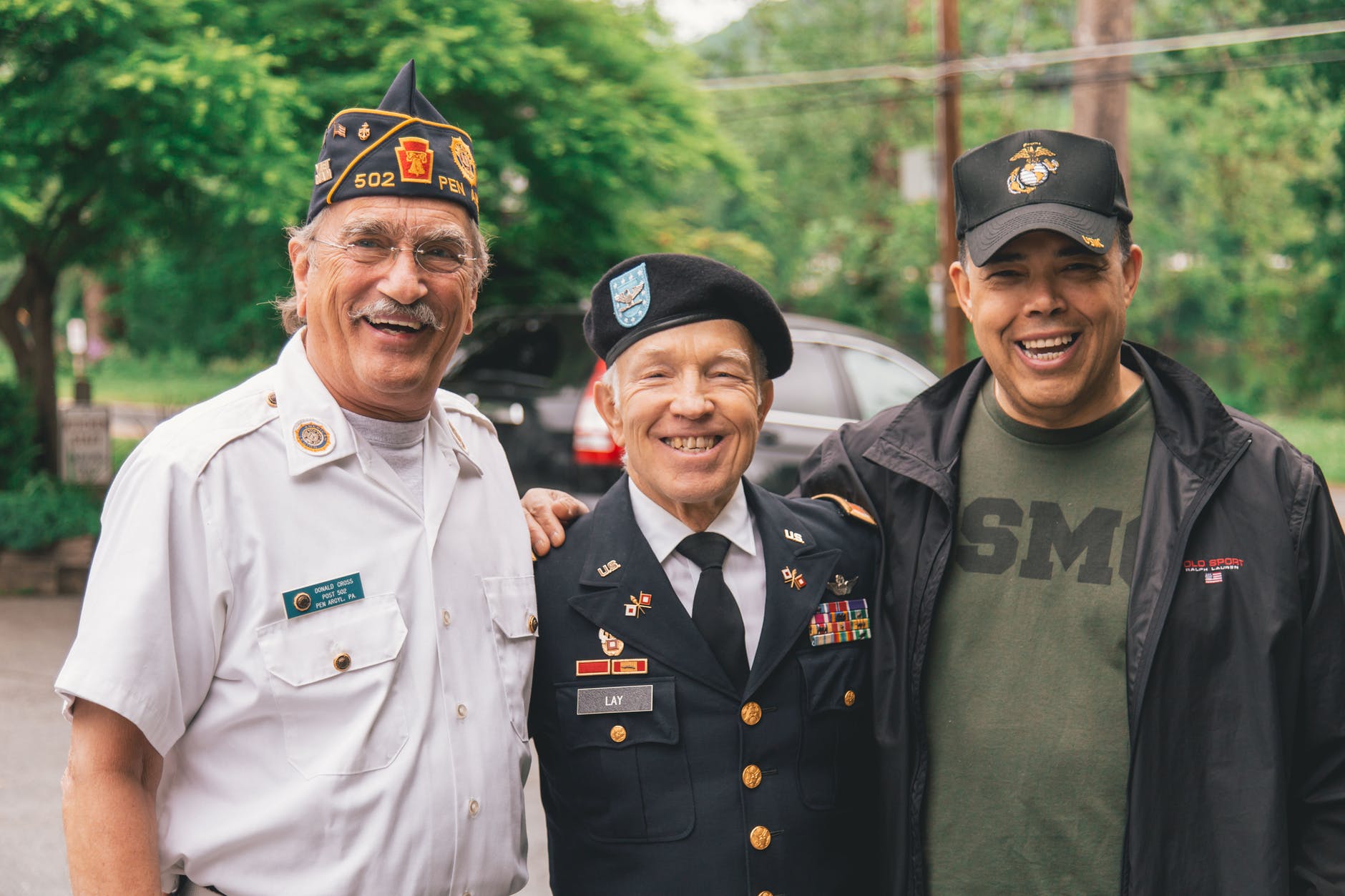By Mark Pinsley

In the wake of the Uvalde and Buffalo shootings, a lot of attention is focused on #massshootings (defined as when four or more people are killed) and the urgent need for effective gun control legislation to stop the endless cycle of #children and other victims being gunned down in our country. The numbers are mind-numbing. From 1998 to 2019, 101 #massshootings occurred in the #UnitedStates. France, the developed nation with the next highest number during the same time period, had eight. The U.K., Australia, and several other developed countries had one. Closer to home, the loss of 11 lives in the 2018 shooting at Pittsburgh L’Simcha Congregation (Tree of Life) synagogue remains fresh in our memories, and currently, an average of 33 Pennsylvanians are killed by #gunfire every week.
#Massshootings, #murders, robberies, and other criminal acts involving #firearms are not the only manifestations of out-of-control #gunviolence in the #UnitedStates. Deaths due to accidental discharges of weapons and #suicides using #firearms are often overlooked in #gun-control debates. As a #veteran myself, my thoughts this past #MemorialDay turned to the troubling use of guns in #suicides among our #veterans and the need to improve #mentalhealthservices and other #suicideprevention measures for those who have proudly served our country.
In 2019 (the latest statistics available), 6,261 U.S. #veterans committed #suicide. That’s a shocking 17 per day. #Firearms were used in 68% of #veteran #suicides in 2019. The #suiciderate for #veterans is 50% higher than the rate for nonveteran #adults, and #suicide is more prevalent among middle-aged and older #veterans.
#Veterans are particularly at risk for #suicide because they are more likely than the general population to own #guns and have been trained on how to use them. About half of #veterans own at least one #gun, compared to only one-third of all U.S. #adults. Guns are the most lethal method of #suicide, with 9 out of 10 #suicideattempts using a #gun resulting in death. #Guns are used in more than two-thirds of #veteran #suicides, compared to about one-half of nonveteran suicides. The availability and effectiveness of firearms significantly increase the risk of fatality when a #veteran attempts #suicide.
In response to the alarming number of #veteran #suicides, the #DepartmentofVeteransAffairs has made #suicideprevention its highest clinical priority. In 2018, the agency created a 10-year plan to address #veteran #suicide. The VA offers coordinated, evidence-based solutions, which include ensuring access to quality #mentalhealthservices for at-risk veterans.
#James Donaldson notes:
Welcome to the “next chapter” of my life… being a voice and an advocate for #mentalhealthawarenessandsuicideprevention, especially pertaining to our younger generation of students and student-athletes.
Getting men to speak up and reach out for help and assistance is one of my passions. Us men need to not suffer in silence or drown our sorrows in alcohol, hang out at bars and strip joints, or get involved with drug use.
Having gone through a recent bout of #depression and #suicidalthoughts myself, I realize now, that I can make a huge difference in the lives of so many by sharing my story, and by sharing various resources I come across as I work in this space. #http://bit.ly/JamesMentalHealthArticle
Order your copy of James Donaldson’s latest book,
#CelebratingYourGiftofLife:
From The Verge of Suicide to a Life of Purpose and Joy
www.celebratingyourgiftoflife.com
#Suicide is a complex problem, but it is preventable. The VA has made encouraging progress in preventing #suicides among #veterans, especially with respect to crisis intervention. It has also increased its focus on expanding treatment and prevention efforts to address issues that arise before a #suicidalcrisis. The VA emphasizes that #veteran #suicide deaths occur as a result of a complex interaction of risk and protective factors at the individual, community, and societal levels. #Mentalhealthconditions, service-related injuries, the availability of #guns, and job loss or other stressful life events are #veterans’ primary #suicide #risk factors. Protective factors include feeling connected to other people, resilience (a trait often strengthened by #military service), and easy access to #mentalhealthcare. Preventing #veteran #suicide requires minimizing risk factors and maximizing protective factors.
Although VA efforts have reduced #veteran #suicide, the agency needs community help to reach at-risk #veterans better. About half of all #veterans do not seek or receive services or benefits from the VA. All of us can play a role in preventing #veteran #suicide by helping connect #veterans to VA services, local #mentalhealth and #healthcareproviders, and community resources.
For family members and friends of #veterans, being familiar with the VA’s S.A.V.E. (Signs, Ask, Validate, Encourage) Training program will help you act with care and compassion if you know a #veteran who is in crisis or experiencing #suicidalthoughts. #Veterans can also play an especially pivotal role in preventing #veteran #suicide. Having experienced #military service, #veterans better understand — and enjoy a unique camaraderie with — fellow #veterans. If you’re a #veteran, give back to the #veteran community by exploring the VA’s #suicidepreventionresources and help build local networks among #veterans organizations, community-based organizations, and other community members to strengthen #suicide protective factors for at-risk #veterans. #Veterans and nonveterans should contact their congressional representatives to encourage them to increase funding for the chronically underfinanced VA, emphasizing #mentalhealthservices. We can lend a much-needed helping hand to the #men and #women who have served and sacrificed for our country.





